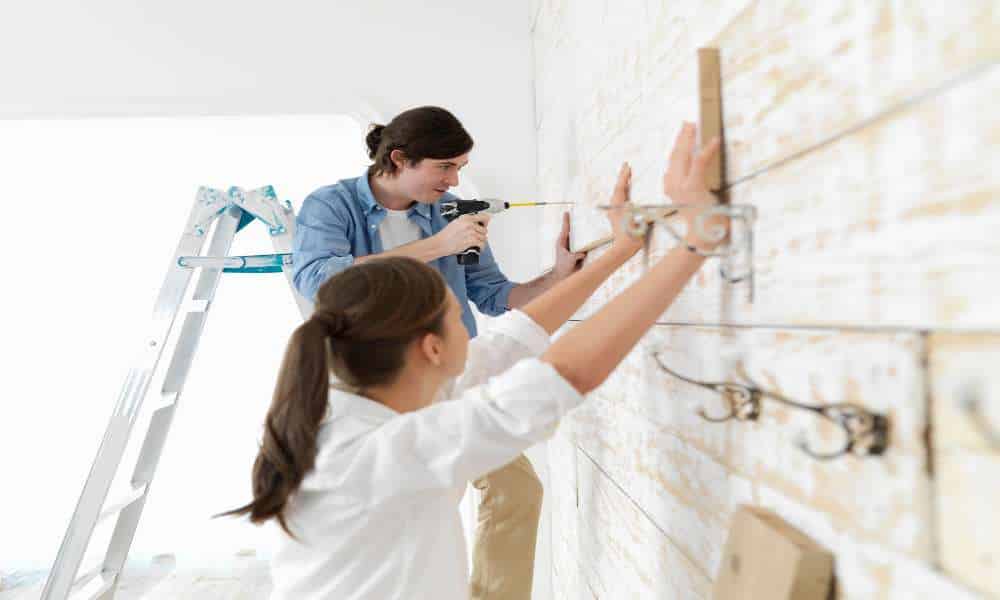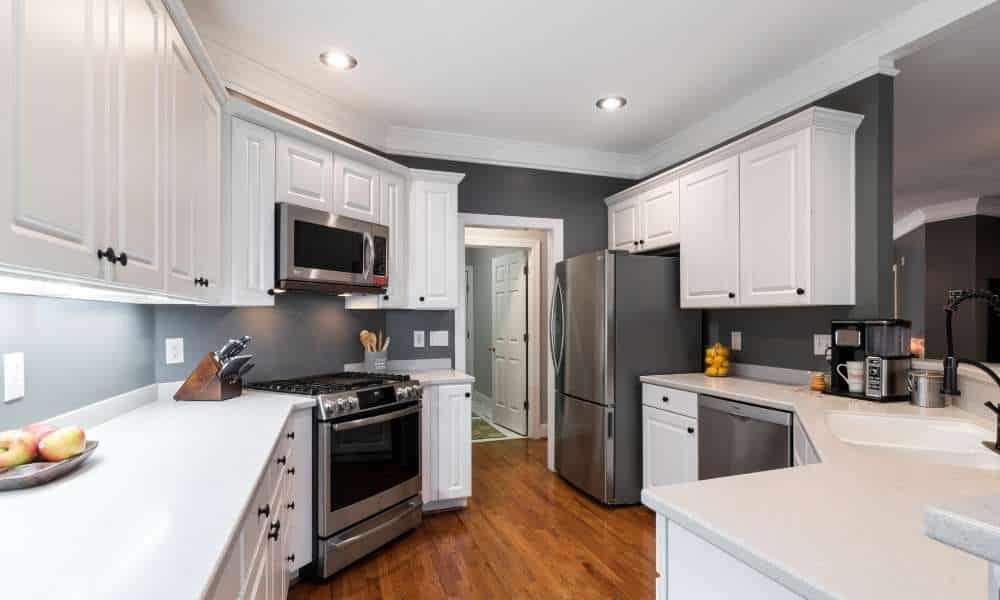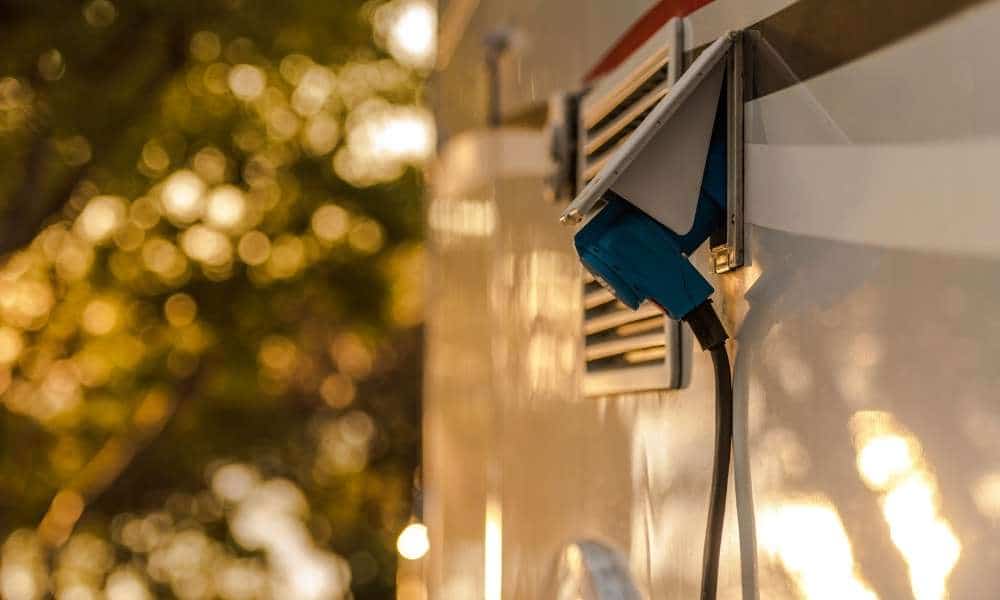There is always the risk of harm when working on a home repair project, especially from unsafe surroundings, allergies, pests, and fall-related injuries. In this article, we inform you about Common Home Improvement Hazards and How to Treat Them. There are some ideas for that.
Also, you may have the best intentions during your DIY, but your lack of expertise may cost you dearly. For example, failing to correctly inspect various working tools could cause severe damage to equipment, resulting in self-harm.
Therefore, it is worth it to find out what dangers you could face if you embark on a home repair project and what steps you can take to lessen or eliminate them.
Here are some potential health and safety concerns to consider and how you can manage each of them:
Defective Tools or Equipment
Dangers associated with faulty tools include equipment malfunction or failure to function as expected. Possible causes include flawed conception, production, or execution.
Such flaws could negatively impact anyone attempting a home repair. Significant damage can be caused by them, including:
Broken bones, cuts, and electrocution burn
Many malfunctioning power tools and risky construction equipment present a significant risk of injury, including deep cuts and severe bruises. You’re also at risk of nerve damage, head trauma or brain injuries, bone fractures, and severe contusions.
With heavy defective machines, you must also be aware of the extremities, like loss of arms and limbs or electrocution caused by poor wiring.
Here is how you can deal with defective tools:
- Verify the condition of your tools regularly.
- Examine the tool for any signs of damage, including cracks in the handle or the shell.
If you find a defective tool:
- Remove and label them “out of use or for repair”
- Do not “temporarily” use damaged tools; replace them immediately.
- Only try fixing your tools if you know what you’re doing: consult experts.
- Only try fixing your tools if you know what you’re doing: consult experts.
You must also ensure adequate training on managing various tools or read and follow the manufacturer’s guidelines before using any tool.
Poor Air Quality
Building and painting materials like adhesives, sealants, paints, and varnishes emit dangerous, volatile organic compounds (VOCs) that present various health risks. They can cause eye, nose, and throat irritation and minor headaches. Also, they can cause severe damage to your central nervous system, liver, and kidney.
Fortunately, you can overcome this problem by having any staining or finishing done elsewhere, preferably outside, where your family will be less likely to be exposed to the chemicals. Also, ensure adequate ventilation before, during, or after the renovation. Even better, utilize air purifiers to enhance the air quality in your home during the renovation.
Fall or Slip Injuries
Commonly accidents like tripping and falling can happen everywhere. However, it occurs more frequently during building and remodeling projects because of the many concealed objects.
This may be due to the following:
- Unsecured wires
- Throw rugs
- Loose handrails
- Wet tiles
- Loose ladders
So, how can you prevent fall and slip accidents? Ensure any liquid spilled on tiles during renovations is cleaned up to avoid accidents. Most importantly, clear out any tools, rugs, or wires hiding under the surface.
Better yet, tape the wire to the floor or run it along the wall to avoid potential tripping hazards. For ladders, place them properly or have someone hold them for you.
Conclusion
The potential hazards that may arise during house renovations may be challenging to foresee. Therefore, leave a project to the professionals if it requires using specific tools and equipment you aren’t familiar with.





